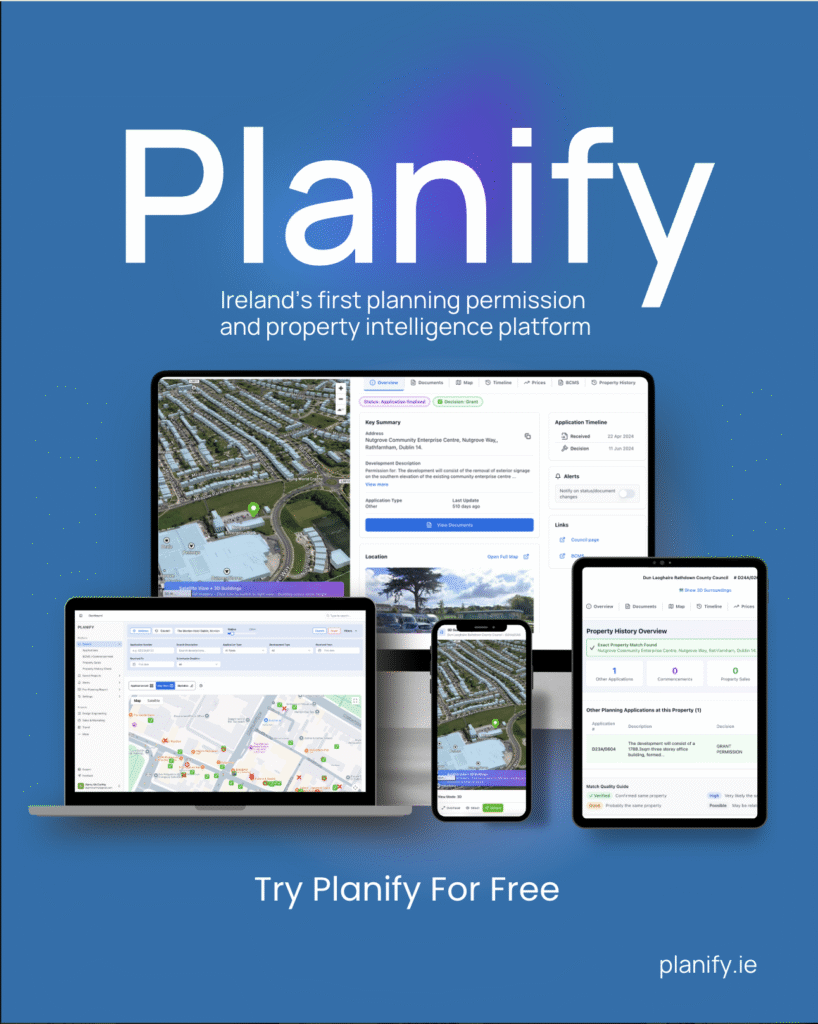Airbnb & Short Term Letting

Airbnb & Short Term Letting
 A short-term let is when you rent out your property or a room therein for people to stay for less than 14 days at a time. For example, if you rent out your property on a booking website such as Airbnb so people can stay there for a weekend. If you rent out your property or part thereof to visitors for short-term lets, you may need to obtain planning permission from your local authority or apply for an exemption.
A short-term let is when you rent out your property or a room therein for people to stay for less than 14 days at a time. For example, if you rent out your property on a booking website such as Airbnb so people can stay there for a weekend. If you rent out your property or part thereof to visitors for short-term lets, you may need to obtain planning permission from your local authority or apply for an exemption.
The short-term letting regulations were introduced in July 2019. They aim to bring properties used for short-term tourist lettings in Rent Pressure Zones (RPZs) back to the long-term rental market. These regulations will continue as long as RPZs are in place.
Additional legislation with regard to short-term lets was due to be enacted on 1 September 2022, but it has to be introduced. This proposed planned legislation will mean that online platforms, such as Airbnb, will not be able to advertise properties for short-term let if the properties are not registered with Fáilte Ireland and the owners have confirmed they have the correct planning permission if it is required.
Planning Permission Considerations
If you are renting out a property, or a room in your property for short-term lets, you may have to apply to your local authority for planning permission to change the use of the property, so it can be used for tourism and short-term letting purposes. This requirement for planning permission only applies to homeowners in Rent Pressure Zones (RPZs) who:
- Let out their entire home (principal private residence) for short-term lets of more than 90 days in total while they are away.
(Your principal private residence is the place where you ordinarily live).
- Let out a second property for short-term lets.
You do not have to apply for planning permission if:
- Your property is not in a Rent Pressure Zone (RPZ)
- Your property is in an RPZ, but you let rooms or the entire property out for 15 days or more at a time
- Your property already has planning permission to be used for tourism or short-term letting purposes
- Your property is used for corporate or executive lets. For example, lettings provided for people coming to Ireland under employment contracts.
- You rent your property out under the rent-a-room scheme
- You are ‘home-sharing’. Home-sharing is where a homeowner rents a room or rooms in their principal private residence for short-term lets while they are also occupying it. (In this situation you can offer unlimited short-term lettings for less than 14 days at a time.)
- You rent out your entire principal private residence for short-term visitors for less than 90 days a year while you are temporarily away. The 90 days do not have to be consecutive.
- The property is purpose-built student accommodation. (This accommodation generally has the required planning permission, which means accommodation is reserved for students during the academic year, but short-stays are allowed outside of term time.)
Note: If you own an apartment or house in an RPZ that is not your principal private residence and you rent it to students during the academic terms, but want to use it for short-term lettings during the summer holidays, you need to apply for planning permission from your local authority.
In certain situations you will need to register with the planning authority in order to get an exemption from the requirement for planning permission. This applies if:
- You rent a room in your principal private residence for short-term lets while you are also occupying it.
- You are going to be away from your principle private residence and you want to let it out on a short-term basis, for less than 90 days in a calendar year.
What is the planned short-term tourist letting register?
A new online registration system for short-term lets is being developed and is due to be launched later in 2024. Under the new system, you will have to register your short-term let online with Fáilte Ireland every year. This system is not yet in place.
You will have to register if you offer short-term accommodation for 21 nights or less.
This applies to the following properties if they are let on a short-term basis:
- Bedrooms in your primary home
- Entire properties
- Multiple units at a single dwelling or address.
For example, a camping resort, holiday village or apartment block.
Once you are registered you will get a short-term tourist letting registration number. You will need this number to list your property on holiday booking websites and in advertisements.
These booking platforms will only be able to list short-term let properties with a valid Failte Ireland registration number.
Registering with the local authority.
If you are offering short-term lettings in an RPZ area, but are exempt from the planning permission requirement, you still need to register with the local authority to avail of this exemption in order to be in a position to validate your property with Failte Ireland.
You must complete the following forms and provide any additional documents needed and send them to your local authority within the required time limits.
Form 15 – Start of year notification form. This form should be sent to your local authority within 4 weeks of the start of each year, and no later than 2 weeks before the first short-term let of the year for that property.
Form 17 – End of year notification form. This should be sent to your local authority between the 1 and 28 January of the year after the lettings have taken place.
Form 16 – 90 day threshold notification form. This should only be sent to your local authority if you are a homeowner temporarily away from your home and reach the 90 day threshold during the year. You should submit the form no more than 2 weeks after the 90 day threshold has been reached. You will also be required to provide documentation proving that the property is your principal private residence. These registration forms are available on your local authority’s website and they can be returned by email, post or submitted online.
Under the Planning and Development Act 2000 planning authorities can take legal action if a property does not have the required permission, or where terms of the permission have not been met.







